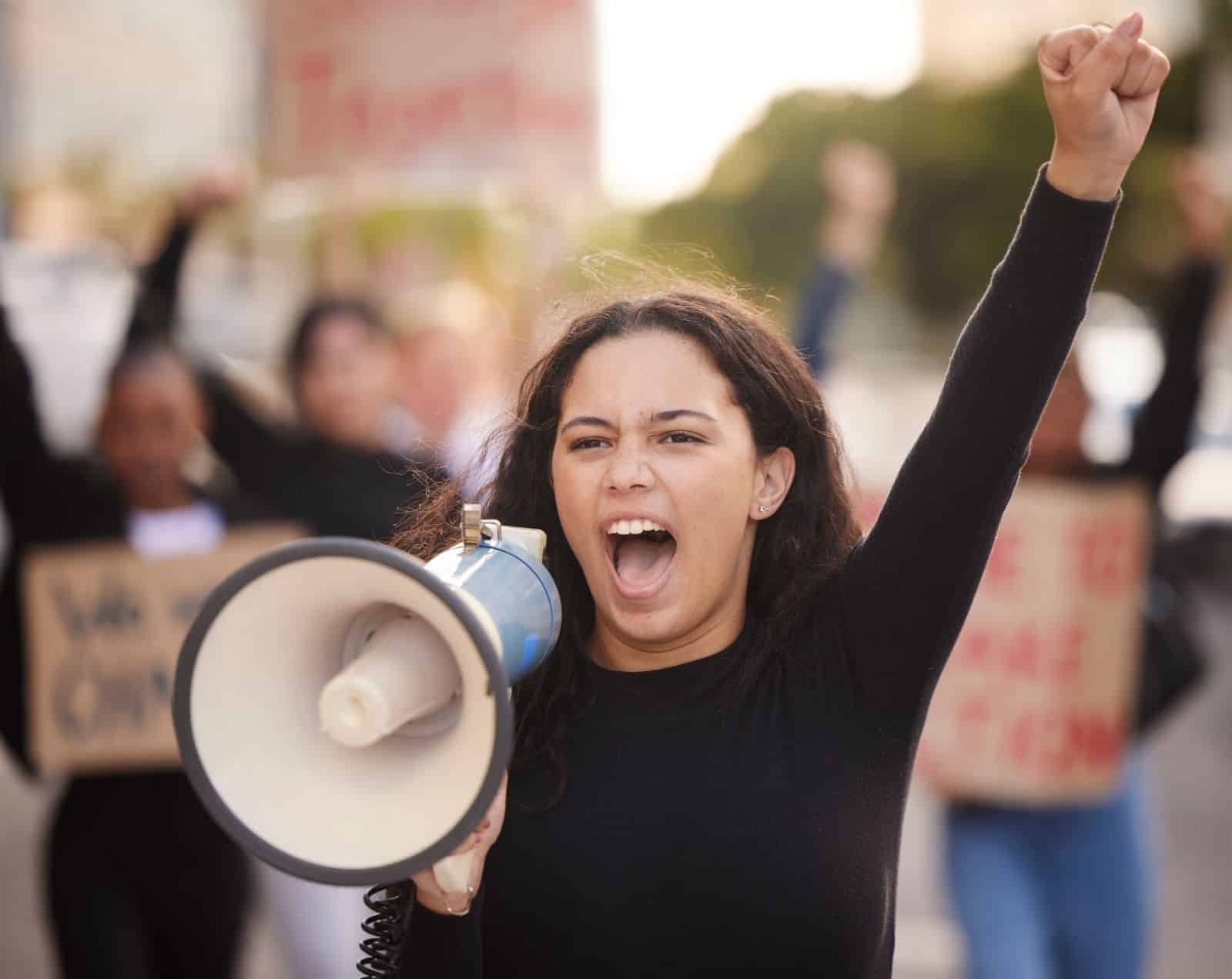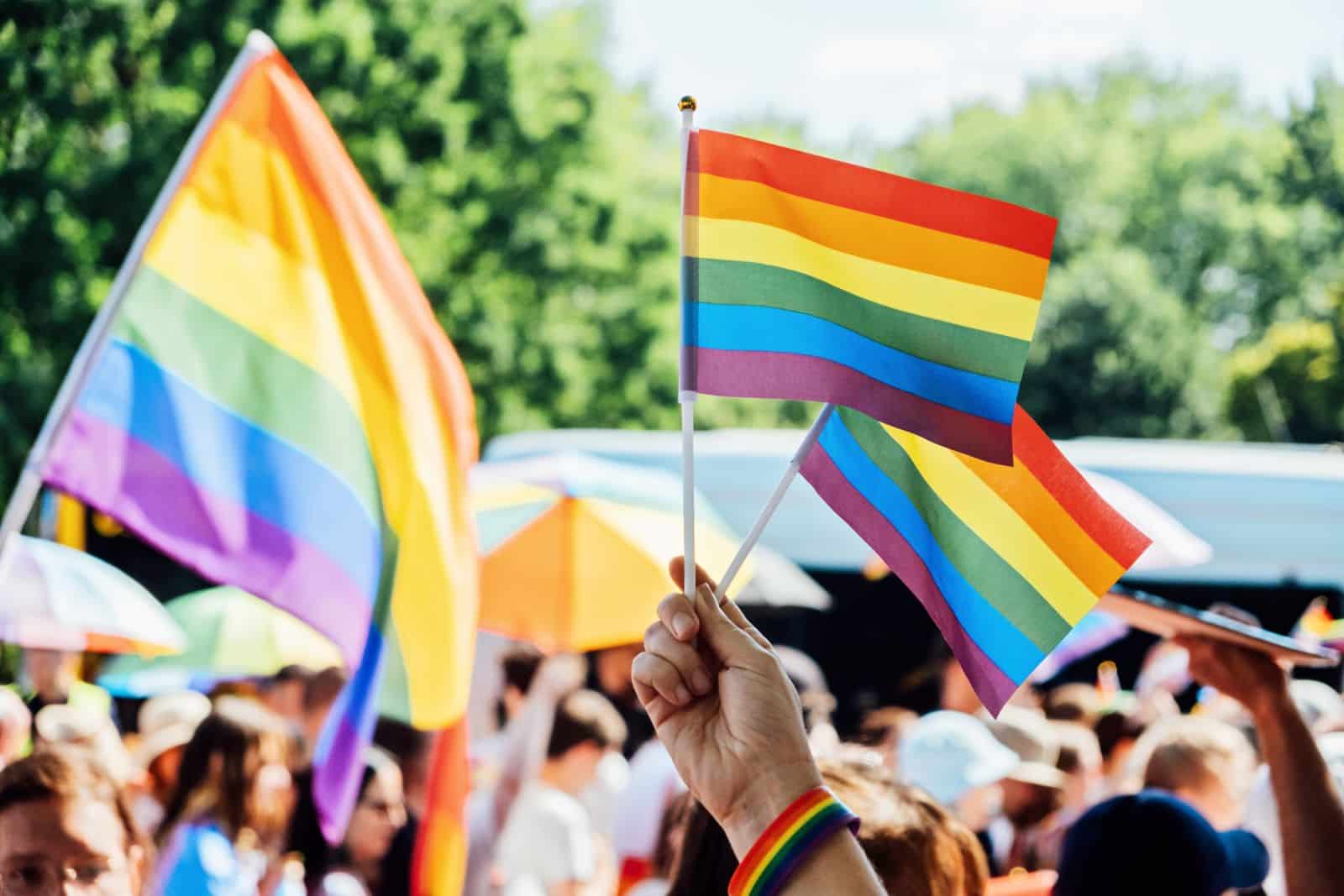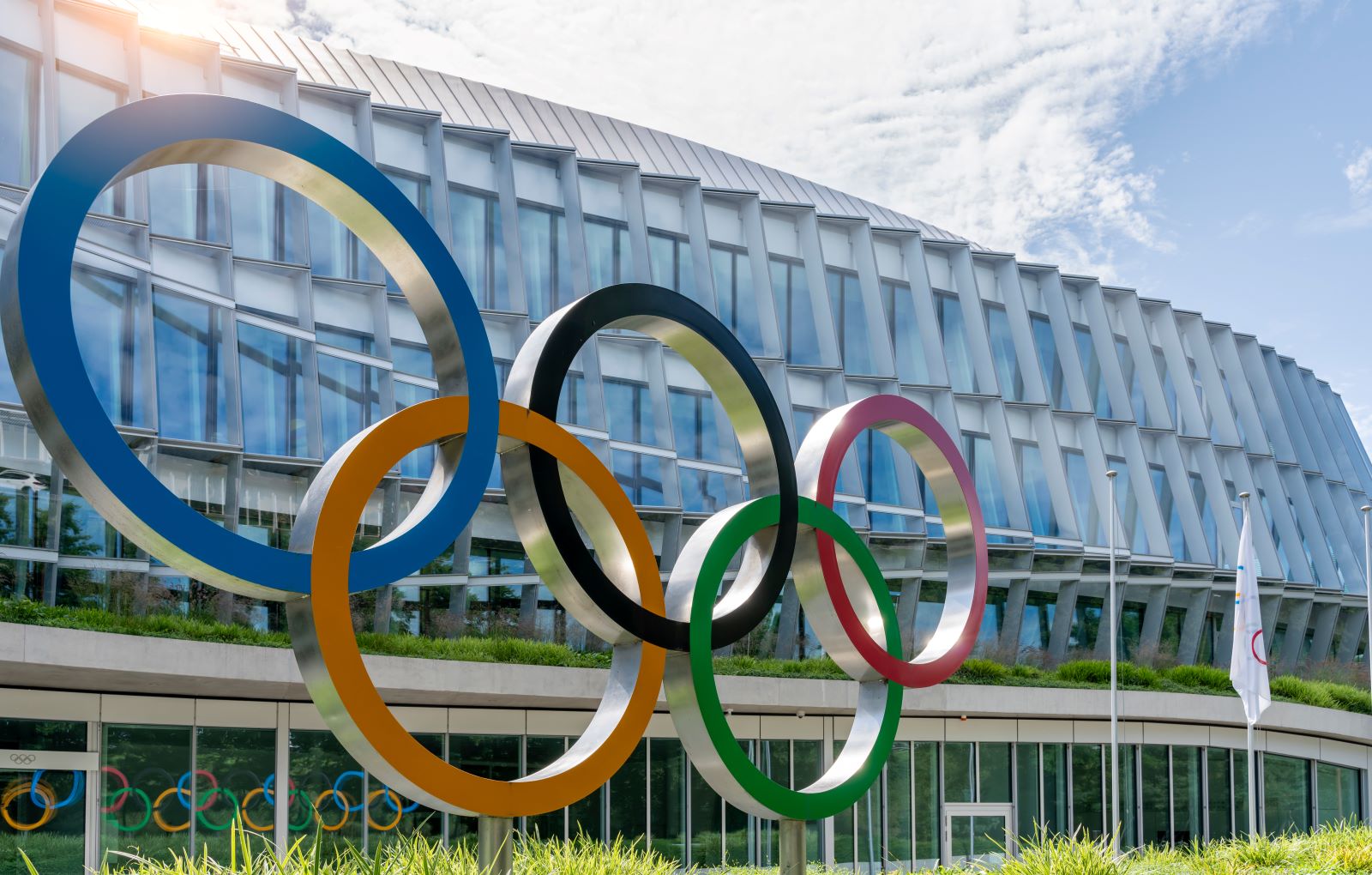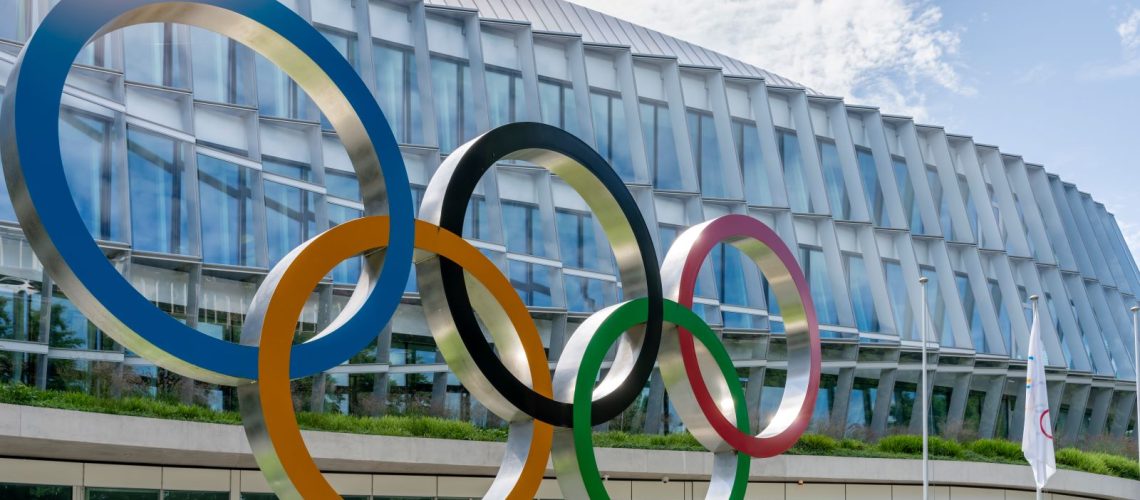Nikki Hiltz, a transgender and nonbinary athlete from Santa Cruz, California, is competing in the 2024 Paris Olympics, representing both Team USA and the LGBTQ+ community, despite the current political climate surrounding non-gender conforming individuals in the U.S.
Nikki Hiltz’s Olympic Journey
Nikki Hiltz is a distinguished middle-distance runner who primarily competes in the 1500 meters and qualified for the 2024 Paris Olympics with a record time at the U.S. trials, becoming the second-fastest American in the event. Hiltz said after qualifying, “This is bigger than just me,” emphasizing the broader significance of their achievement beyond personal accomplishment.
Many LGBTQ+ supporters are saying that Hiltz’s visibility at the Olympics is crucial for the LGBTQ+ community, particularly for young people struggling with their identities.
After the event, Hiltza spoke to her community directly, saying, “All the LGBT folks, you guys brought me home that last hundred. I could just feel the love and support.”
Coming Out
Hiltz publicly came out as transgender and nonbinary on International Transgender Day of Visibility, on March 31, 2021, describing their gender identity as fluid and varying daily.
“Hi, I’m Nikki, and I’m transgender. That means I don’t identify with the gender I was assigned at birth. The word I use currently to describe my gender is non-binary,” wrote Hiltz on Instagram.
Hiltz then wrote, “Sometimes I wake up feeling like a powerful queen and other days I wake up feeling as if I’m just a guy being a dude, and other times I identify outside of the gender binary entirely.”
Now, Hiltz uses their platform to advocate for the LGBTQ+ community, emphasizing the importance of authenticity and representation in sports, particularly for young LGBTQ+ individuals who may feel isolated or misunderstood.

The political landscape in the U.S. poses significant challenges for transgender and nonbinary individuals, with over 500 anti-LGBTQ+ bills considered in state legislatures in 2024 alone.
“An overwhelming 90% of LGBTQ+ young people said that recent politics negatively impacted their mental health in the past year,” according to research by The Trevor Project.
Hiltz’s journey to the Olympics is also deeply personal, as they are forced to balance their gender identity while pursuing their athletic career.
After qualifying, Hiltz said, “Going to the Olympics is such a dream of mine. But it’s also such a dream of mine to take testosterone or grow facial hair or have top surgery, and so I think sometimes I can really resent this sport.”
Hiltz reflected on this experience, saying, “It’s a weird space to navigate, wanting to be your best athletic self while also wanting to be your best authentic self. I wanted to run this one for my community.”

Hiltz is part of a broader historical moment at the 2024 Olympics, which is on track to have the most LGBTQ+ athletes in history, with over 150 participants.
The First Time in History
At the same time, this is the first time the Olympics has reached gender equality with the typical binary, having an equal number of male and female athletes for the first time in history.

The International Olympic Committee (IOC) is behind this development and was quick to highlight the achievement to the public.
“The Olympic Games Paris 2024 will be the first gender-balanced Olympic Games with exactly 50% male and 50% female athletes,” stated the IOC in their official announcement. “This is a major milestone in the Olympic movement.”
This milestone seems to be part of a broader movement towards gender equality in sports, addressing issues such as equal pay, representation, and support.
Minky Worden, Director of Global Initiatives at Human Rights Watch, commented, “The move towards gender equality at the Olympics is a positive step, but it’s part of a larger fight for equality in all sports.”
Featured Image Credit: Shutterstock / Armando Oliveira.
- K. Leightyhttps://wokenpride.com/author/keegan-leighty/
- K. Leightyhttps://wokenpride.com/author/keegan-leighty/
- K. Leightyhttps://wokenpride.com/author/keegan-leighty/
- K. Leightyhttps://wokenpride.com/author/keegan-leighty/

